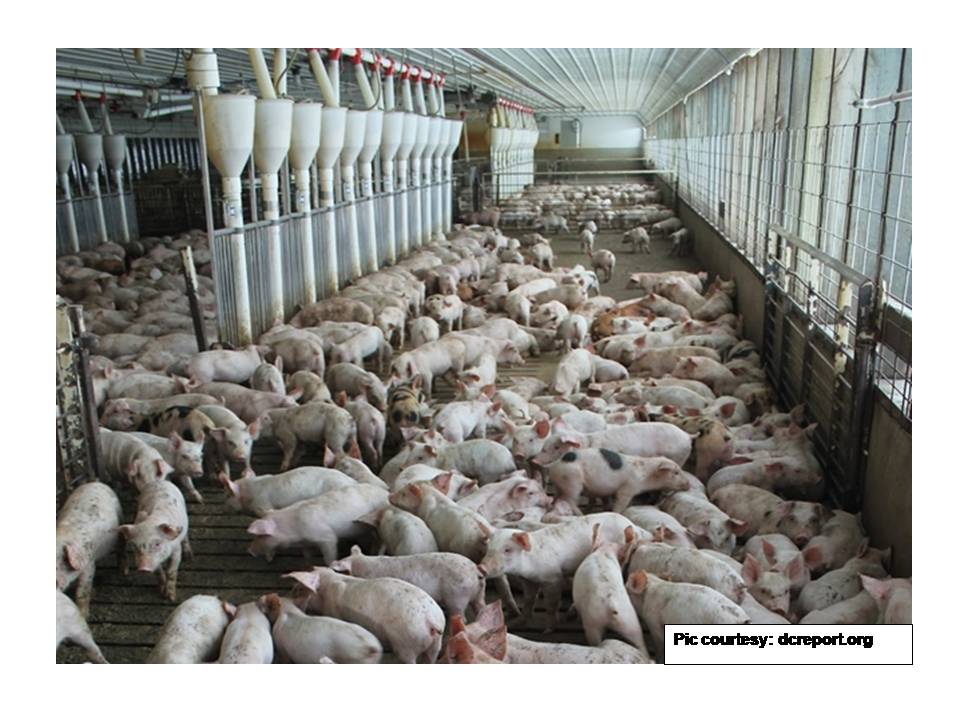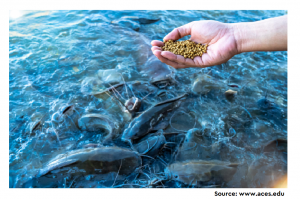Antibiotic resistance is one of the most important issues for healthcare societies worldwide. The evidence from different studies signifies the use of antimicrobials in the animal sector contributes to antimicrobial resistance (AMR). In hog farming, antibiotics are used as metaphylaxis, prophylaxis, and growth promotion. Klebsiella pneumonia is a gram-negative bacterium commonly found in the animals’ atmosphere and digestive tract within the Enterobacteriaceae family. Various studies were documented with the discovery of antibiotic-resistant Klebsiella pneumonia bacteria in pigs. An effort has been made in the study conducted by Sofianaet al.to review several strains, resistant antibiotics, antibiotic resistance genes, and virulence genes of the Klebsiella pneumoniae bacteria in pigs. This study also summarizes the Klebsiella pneumonia in humans related to animals or strains related to animals and humans.
Klebsiella pneumonia is a bacterium that is commonly found as multidrug-resistant and several strains of Klebsiella pneumonia are ESBL producers. Control and prevention are needed to prevent the spread of antibiotic-resistant bacteria from animal to animal, animal to human and vice versa as well as to the surrounding environment. Strict infection control measures, such as the rational application of antibiotics in clinical and livestock settings, routine disinfection of the livestock environment, reduction of human-animal contact, and screening of drugs are necessary in order to reduce the transmission. Prudent use of antimicrobials in human clinical therapy and animal production, as well as control measures for transmission of Klebsiella pneumonia between humans and animals, is needed.Klebsiella pneumonia, which is antibiotic-resistant to animals, has a detrimental effect on public health and an influence on a country’s economy, and thus monitoring or prevention needs to take place, to address this problem.
To learn more, please visit the website of Systematic reviews in pharmacy (LINK)







